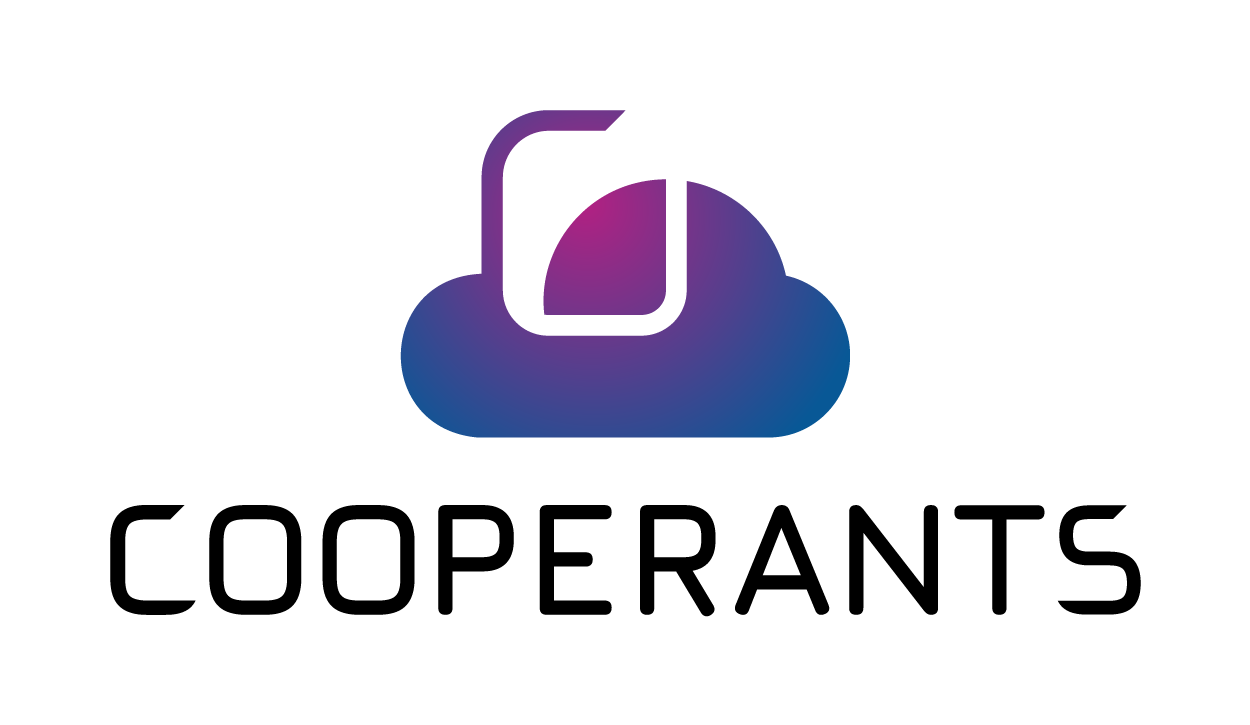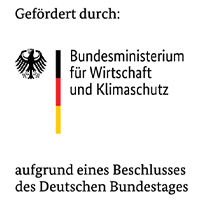In our ongoing series “Our consortium partners”, we would like to introduce the German Aerospace Centre (DLR) to you today. As one of the leading research centres in Germany, DLR plays an important role in the aerospace industry and is a key partner in the COOPERANTS project as consortium leader.
The DLR: an overview
The German Aerospace Center (DLR) is the largest aerospace research centre in Germany and is regarded as one of the world’s leading organisations in this field. With its broad focus on engineering research, DLR makes an important contribution to overcoming societal challenges in the fields of aeronautics, space, energy, transport, digitalisation and security. DLR consists of a large number of facilities dedicated to a wide range of topics with a great depth of research. From its headquarters in Cologne, DLR has 30 other locations throughout Germany and four international centres. With around 10,000 employees, DLR forms the centrepiece of research efforts in the aerospace industry.
The DLR in the COOPERANTS project
DLR plays various roles in the COOPERANTS project and contributes significantly to the success of the project. The DLR Institute of Space Systems has taken on the role of consortium leader and is therefore responsible for representing the consortium to the project sponsor Bundesnetzagentur (BNetzA) and the funding body Federal Ministry for Economic Affairs and Climate Action (BMWK). The consortium management moderates the dialogue within the consortium and steers the progress of the project by keeping an eye on the overall project and taking into account the interests of all partners. It also represents the project at national and international level in workshops, events and other committees. In addition to managing the project, DLR is also actively involved in research, particularly in the area of collaborative engineering and data integration. By developing solutions for interoperable data utilisation across company boundaries and through research into augmented reality and high-performance computing, DLR is helping to facilitate and improve collaboration in aerospace projects.
COOPERANTS creates this added value for the DLR
Participation in the COOPERANTS project offers DLR the opportunity to contribute its expertise in a heterogeneous consortium in a practical way and to transfer the knowledge gained into tangible solutions. By working together on the basis of GAIA-X standards, DLR is actively contributing to the digital transformation in the aerospace industry and playing a key role in shaping the future of collaboration in projects. COOPERANTS enables DLR to expand its research and development activities and pursue new innovative approaches to further increase efficiency and effectiveness in the aerospace industry. By creating a shared data space and utilising collaborative smart services, reactive efforts, project costs and risks of failure are reduced, leading to an overall improved performance and competitiveness of DLR and its partners.

"As consortium leader of COOPERANTS at the German Aerospace Center (DLR), I am thrilled to be part of this fascinating project. Together with our dedicated partners from industry and research, we are striving to develop and demonstrate a common data space that will actively shape the digital future of space travel in Germany and Europe. My vision is clear: I want to democratise collaboration in space by enabling easier access to data and services for all, without neglecting security and trustworthiness. I firmly believe that our joint efforts will help to open up new horizons in collaborative working and drive the space industry forward in innovative ways."
Dr. Caroline Lange
Project Manager Digitalisation;
Consortium Coordinator of COOPERANTS
With the German Aerospace Center, we have today introduced a key partner in the COOPERANTS project. We look forward to continuing our collaboration and working together to overcome the challenges of digital collaboration in the aerospace industry.
As we have now reached the end of our series of articles, we would like to thank you, our readers, once again for your interest. You can look forward to further exciting contributions and formats from our project!




